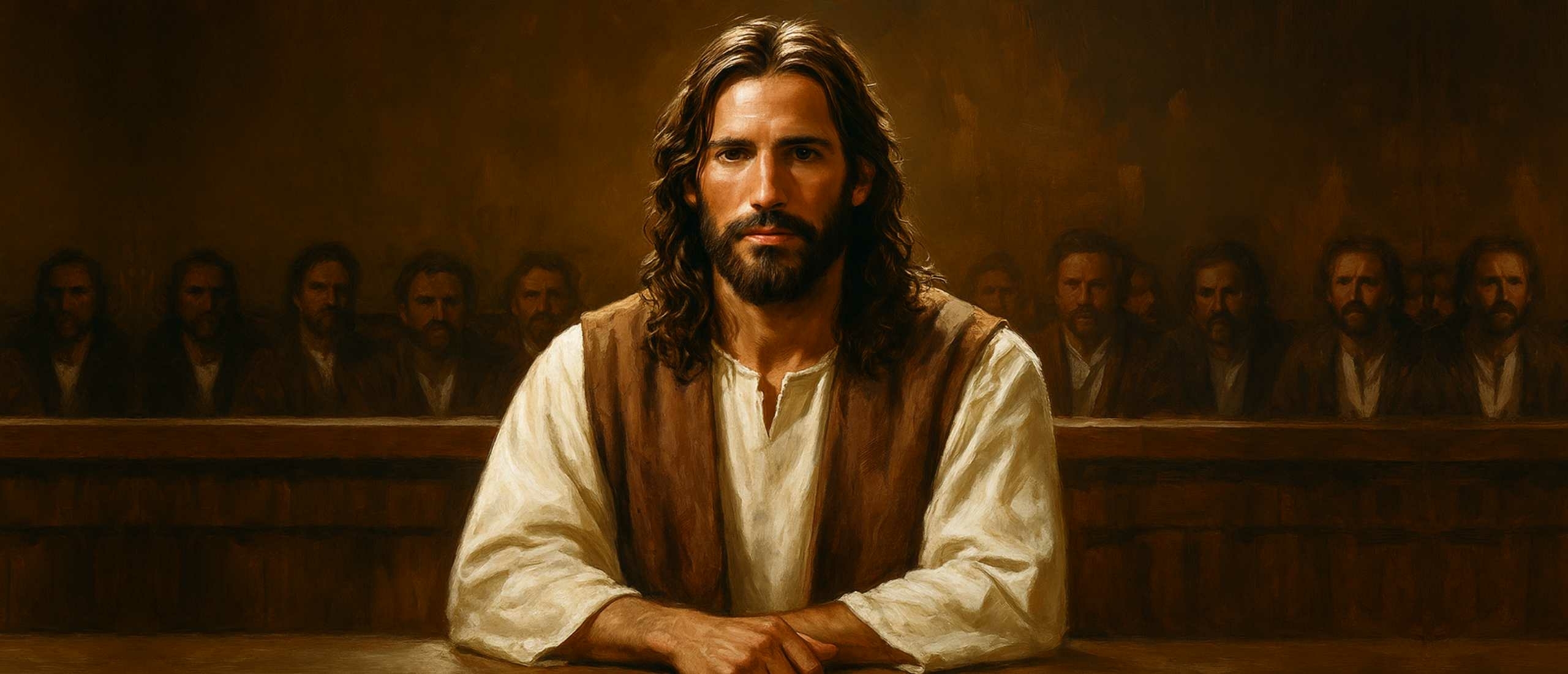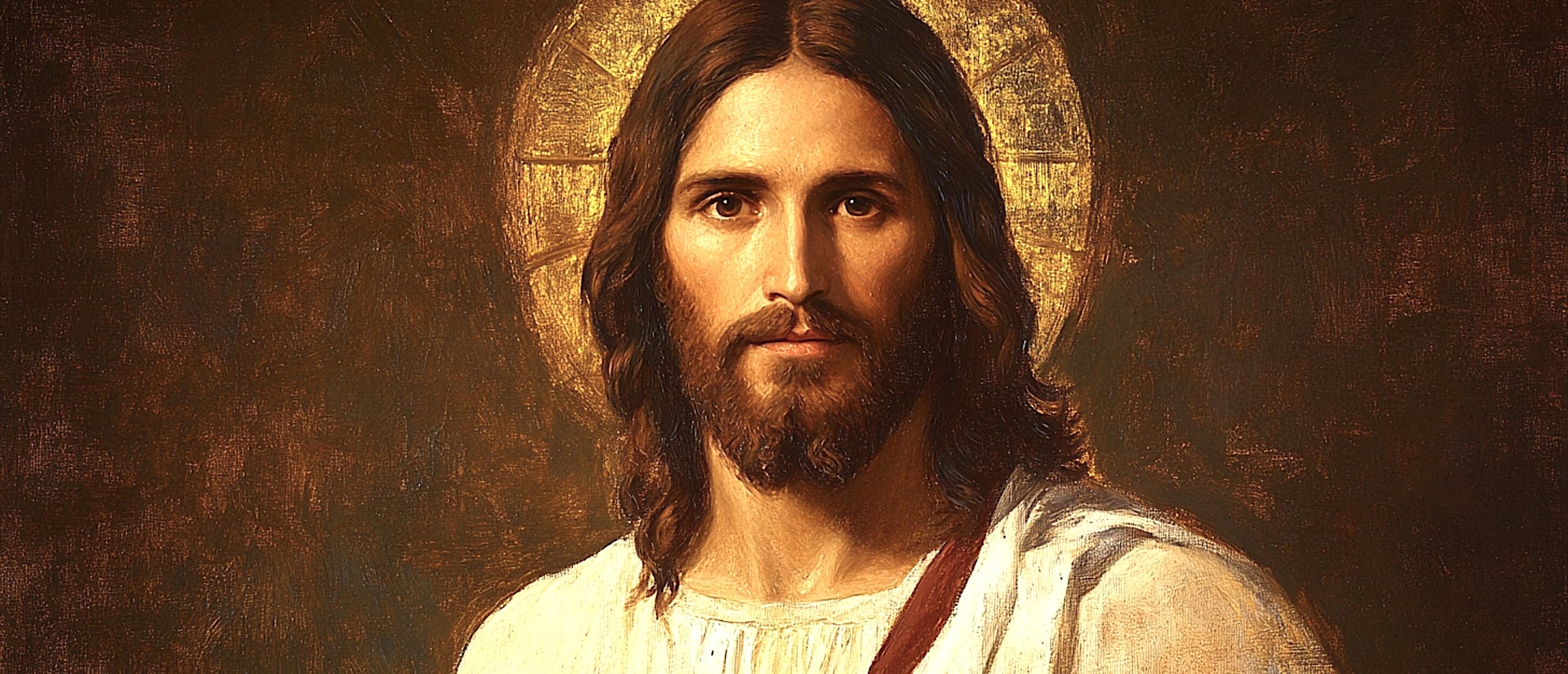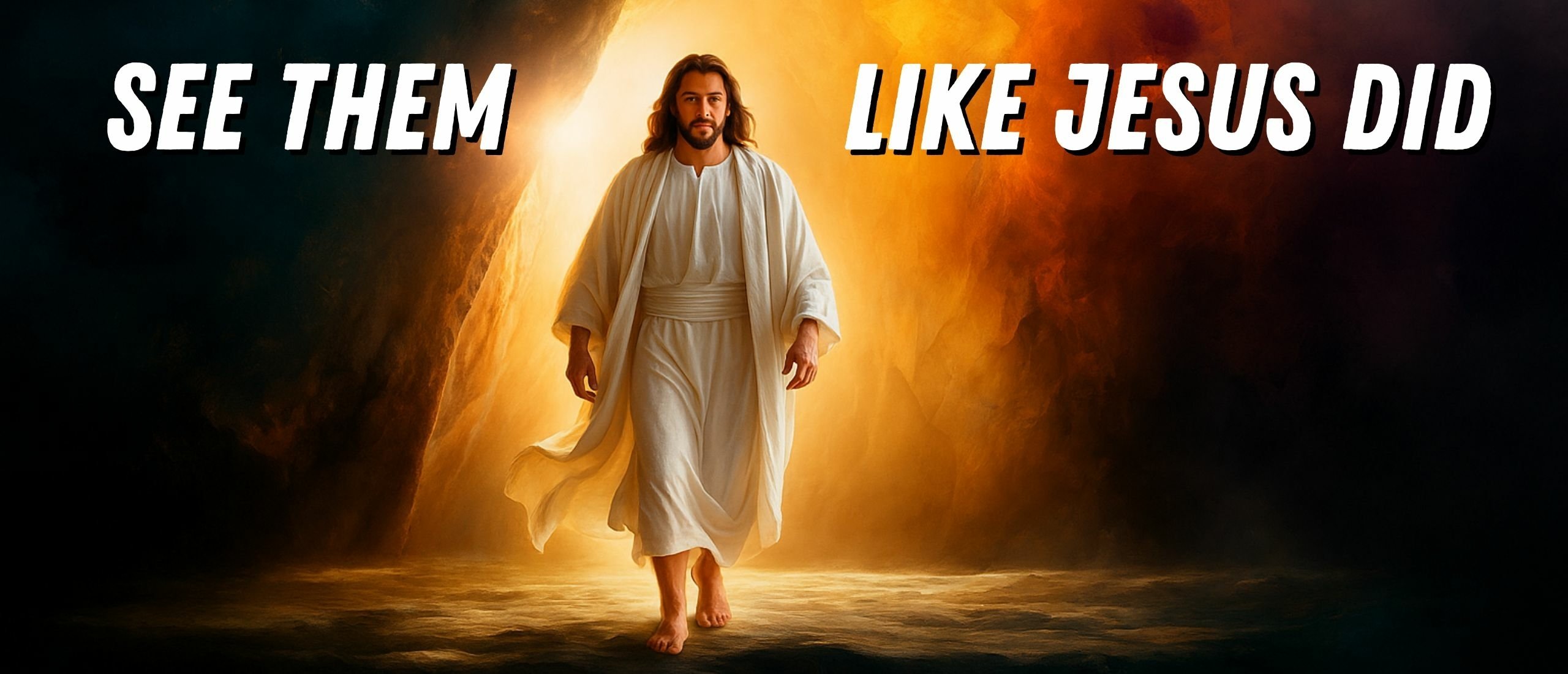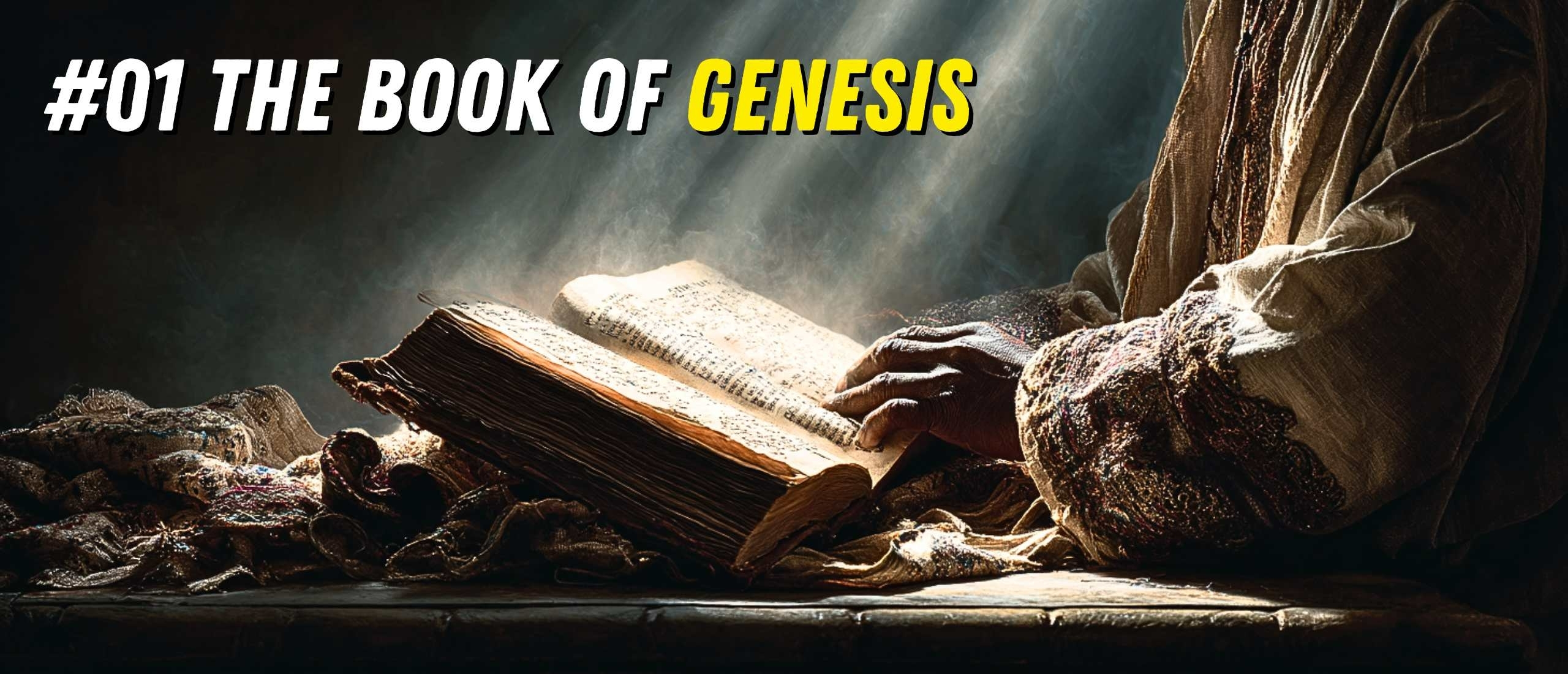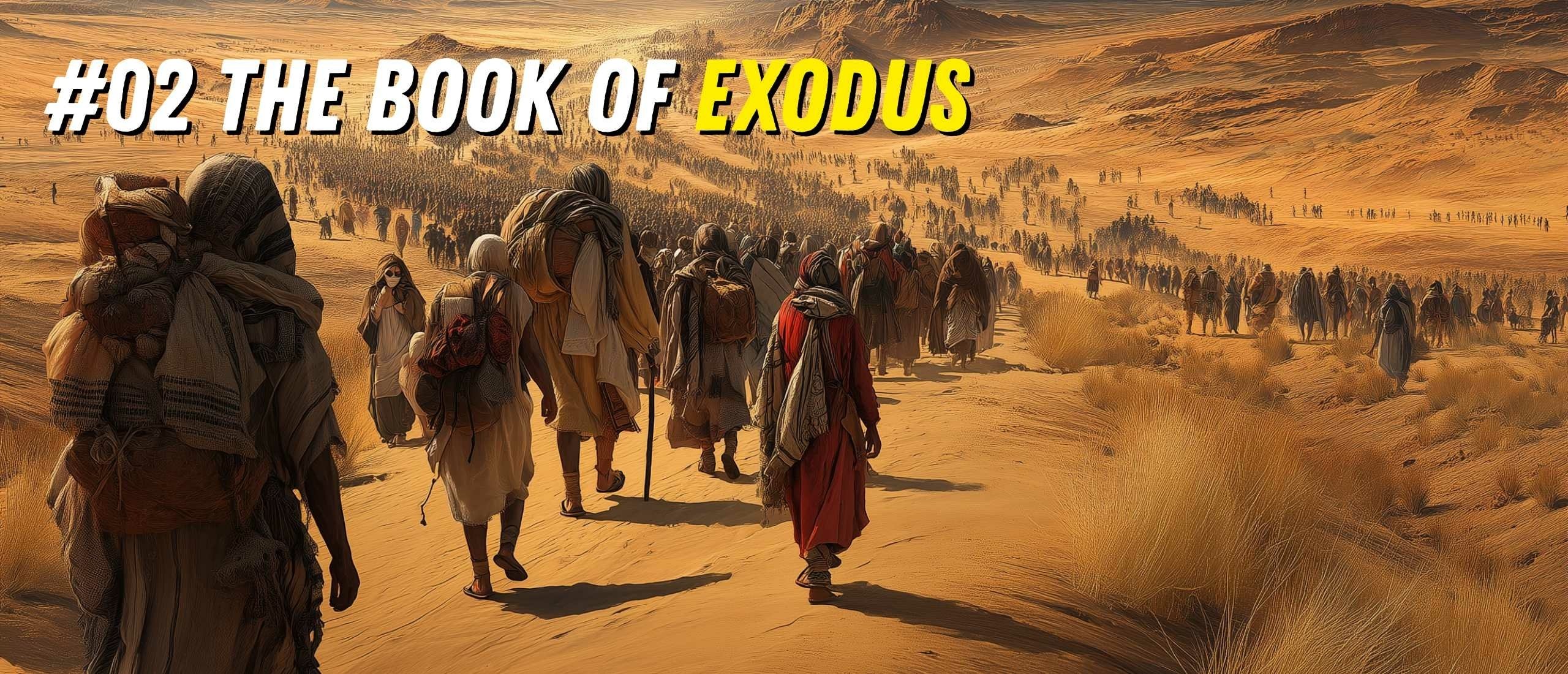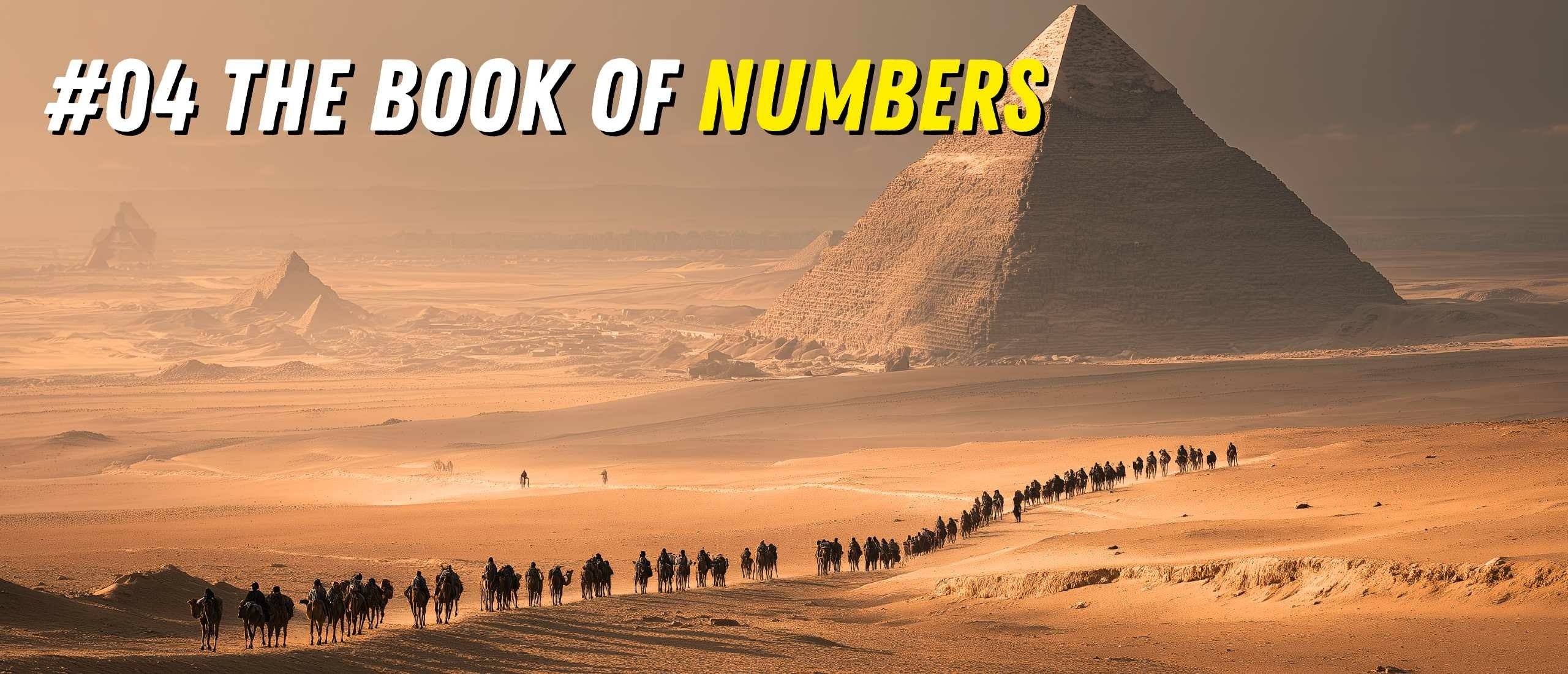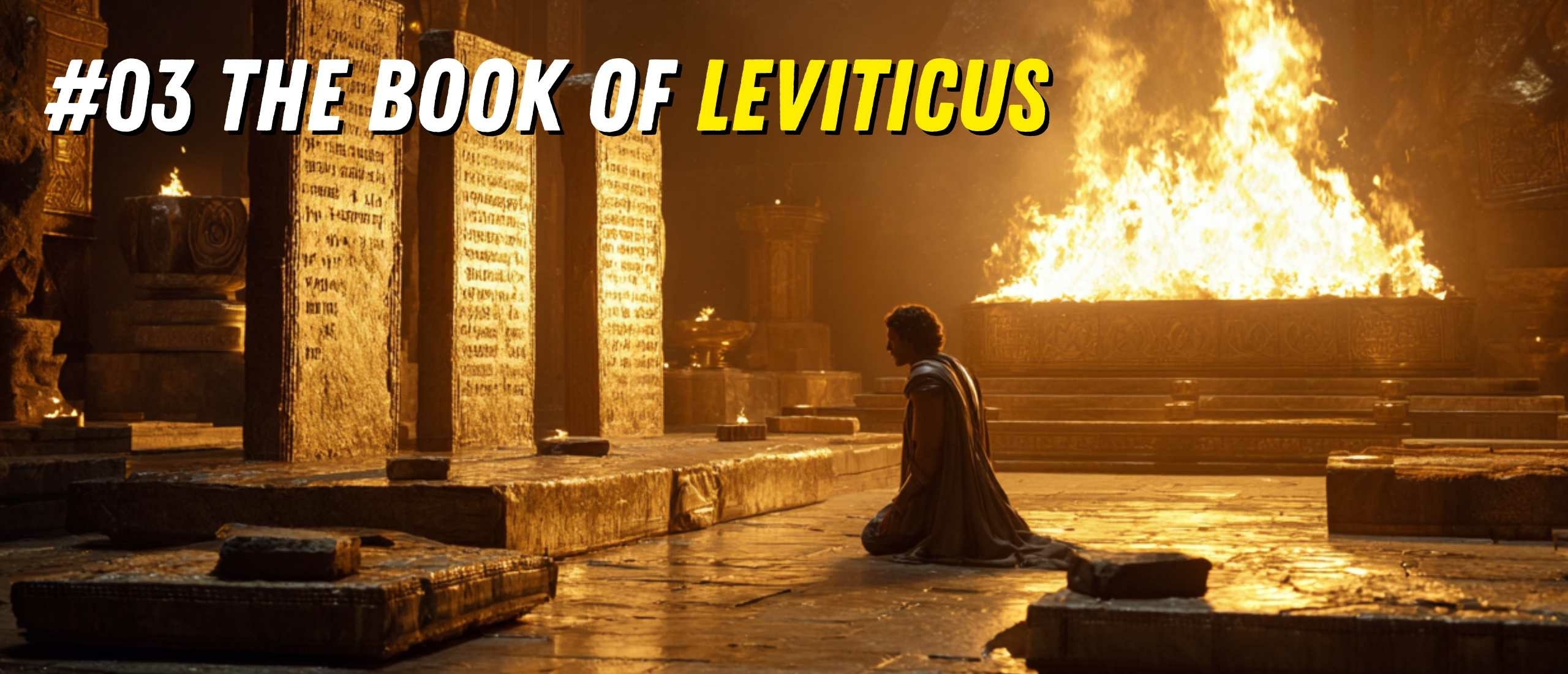
Imagine you've just been rescued from the most brutal slavery in history, witnessed the parting of an entire sea, and now find yourself standing at the foot of a mountain where God himself has descended in fire and thunder. You've heard His voice speaking the Ten Commandments, and now He's calling your people to become something unprecedented in human history: a holy nation, a kingdom of priests. But here's the question that would determine everything: How do sinful people approach a holy God? How can the finite commune with the infinite? How can the unclean dwell with perfect purity? The book of Leviticus provides the answer, and though it might seem like an ancient manual of rituals and regulations, it contains some of the most profound spiritual truths ever revealed about the nature of God, the reality of sin, and the necessity of sacrifice for redemption.
God's Call from the Tabernacle
Leviticus opens immediately after the completion of the tabernacle at the end of Exodus. The glory of the Lord had filled the sanctuary, and now God was ready to instruct His people on how to approach Him properly. The very first words set the tone: "The Lord called to Moses and spoke to him from the tent of meeting." This wasn't Moses seeking an audience with God; this was God initiating communication with His people. The Hebrew word "vayikra" means "and He called," emphasizing that all true worship begins with God's invitation, not human initiative.
The book's Hebrew name, "Vayikra," comes from this opening word, but the English title "Leviticus" comes from the Greek translation, meaning "about the Levites." While the Levites were indeed central to the sacrificial system, the book is addressed to all the children of Israel. These weren't just instructions for priests but principles for an entire nation learning to live in the presence of a holy God.
The Sacrificial System: Drawing Near to God
God began by outlining the sacrificial system, starting with the burnt offering. "If anyone among you brings an offering to the Lord, you are to bring your offering of livestock from the herd or flock." This simple statement contained revolutionary implications. The Hebrew word for "offering," "korban," comes from the root meaning "to draw near." Sacrifices weren't primarily about appeasement or magic; they were about relationship, about drawing near to God despite the barrier of sin.
The burnt offering, or "olah" in Hebrew, meaning "that which goes up," was unique because it was completely consumed by fire. Nothing remained for the priests or the worshipers. This total consumption symbolized complete dedication to God. The worshiper would lay his hand on the head of the animal, symbolically transferring his sin and guilt to the innocent substitute. The animal would then be killed, its blood sprinkled on the altar, and its body completely burned as a sweet-smelling aroma to the Lord.
This process revealed profound theological truths. First, sin requires death. The wages of sin are death, and this principle was established from the beginning. Second, substitution was possible. An innocent life could be offered in place of the guilty. Third, God accepts worship when it comes through the proper means. The sweet aroma ascending to heaven represented the acceptability of the offering to God.
The Five Types of Offerings
The grain offering followed, consisting of fine flour, oil, and frankincense. Unlike animal sacrifices, this offering came from the work of human hands, representing the fruit of human labor dedicated to God. Part was burned on the altar, but part was given to the priests for food, showing that God provides for those who serve Him. The prohibition against leaven and honey, and the requirement for salt, taught important lessons. Leaven often represented corruption and sin in Scripture, while salt represented preservation and the enduring nature of God's covenant.
The peace offering, or "shalom" offering, was unique because it was shared between God, the priests, and the worshiper. This communal meal symbolized fellowship and reconciliation. When sin is properly dealt with through sacrifice, peace and communion with God are restored. The fat portions, considered the choicest parts, were burned on the altar as God's portion, while the breast and right thigh were given to the priests, and the rest was eaten by the worshiper and his family in a sacred feast.
The sin offering dealt specifically with unintentional sins and ritual defilement. The Hebrew word "chatat" means both "sin" and "sin offering," showing the close connection between the problem and its solution. What's remarkable is that different sacrifices were required depending on who sinned. If the anointed priest sinned, bringing guilt on the people, he had to offer a bull. If the whole congregation sinned, they also offered a bull. If a leader sinned, he offered a male goat. If a common person sinned, they offered a female goat or a lamb.
This gradation taught that greater responsibility brings greater accountability. Those in leadership positions, whether spiritual or civil, bear greater responsibility for their actions because their sins affect others. The priest's sin brought guilt on the entire community because the people depended on him for spiritual guidance. Leaders today should remember this principle: with greater influence comes greater responsibility before God.
The guilt offering, or "asham," dealt with sins that involved restitution. If someone defrauded another person or violated something sacred to the Lord, they had to make full restitution plus twenty percent, and then offer a guilt offering. This taught that true repentance involves not just spiritual reconciliation with God but practical reconciliation with those we've wronged. We cannot claim to be right with God while we remain wrong with our neighbor.
The Priesthood: Mediators Between God and Man
The instructions for the priests were detailed and significant. Aaron and his sons were set apart for this holy service through an elaborate ordination ceremony lasting seven days. They were washed, clothed in special garments, anointed with oil, and consecrated through specific sacrifices. The high priest wore a breastplate with twelve stones representing the twelve tribes of Israel, showing that he carried the entire nation on his heart when he entered God's presence.
The tragic story of Nadab and Abihu serves as a sobering reminder of the importance of approaching God according to His instructions. These sons of Aaron offered "unauthorized fire" before the Lord, fire that He had not commanded. Fire came out from the presence of the Lord and consumed them, and they died before the Lord. Moses explained to the grieving Aaron: "This is what the Lord spoke of when he said: 'Among those who approach me I will be proved holy; in the sight of all the people I will be honored.'"
This incident teaches several crucial lessons. First, God's holiness is not to be treated casually. Second, privilege brings responsibility - those closest to God are held to the highest standards. Third, good intentions don't excuse disobedience. Nadab and Abihu may have been sincere, but sincerity without obedience can be deadly. Fourth, worship must be conducted according to God's instructions, not human innovation.
Clean and Unclean: Learning to Distinguish
The dietary laws outlined in Leviticus 11 distinguished between clean and unclean animals. Animals that both chewed the cud and had split hooves were clean and could be eaten. Fish with both fins and scales were acceptable. Birds of prey and scavengers were forbidden. These laws served multiple purposes beyond mere health considerations, though many did have health benefits.
Primarily, these laws taught the principle of distinction and separation. God's people were to be different from the surrounding nations in every aspect of life, including their diet. The Hebrew word "kadosh," meaning holy, literally means "set apart." Israel was to be set apart for God, and these daily reminders reinforced their unique identity and calling.
The laws also taught discernment. Learning to distinguish between clean and unclean animals developed the spiritual skill of distinguishing between good and evil, holy and profane. This training in discernment was crucial for a nation called to be light to the world.
The Day of Atonement: Ultimate Forgiveness
Chapter 16 describes the Day of Atonement, the most solemn and significant day in the Jewish calendar. Once a year, the high priest would enter the Most Holy Place to make atonement for the sins of the entire nation. The ceremony involved two goats chosen by lot. One goat was sacrificed as a sin offering, its blood sprinkled on the mercy seat to cover the sins of the people. The other goat, the scapegoat, had the sins of the people symbolically placed on its head through the confession of the high priest, and then it was led away into the wilderness, never to return.
This ceremony beautifully illustrated the dual aspect of Christ's atoning work. Like the sacrificed goat, Jesus died to pay the penalty for our sins. Like the scapegoat, He carried our sins away, as far as the east is from the west, never to be remembered against us again. The writer of Hebrews makes this connection explicit, showing how Christ entered the heavenly sanctuary once and for all with His own blood, securing eternal redemption.
The importance of blood runs throughout Leviticus like a scarlet thread. "For the life of a creature is in the blood, and I have given it to you to make atonement for yourselves on the altar; it is the blood that makes atonement for one's life." This principle establishes that atonement requires the giving of life, and since life is in the blood, it is blood that makes atonement. This foundational truth explains why the death of Christ was necessary for our salvation.
The Holiness Code: Living as God's People
The Holiness Code in chapters 17-26 outlines how God's people should live as a holy nation. The central theme is captured in the repeated refrain: "Be holy because I, the Lord your God, am holy." Holiness isn't just about ritual purity; it's about moral character and ethical behavior that reflects God's nature.
The famous command "Love your neighbor as yourself" appears first in Leviticus 19:18, embedded in a chapter dealing with practical holiness. This wasn't an abstract philosophical principle but a concrete guide for daily relationships. The context includes commands about honest business dealings, just legal proceedings, care for the poor and disabled, and respect for the elderly. Love for the neighbor is demonstrated through just and compassionate actions.
The chapter also contains the often-misunderstood prohibition: "Do not plant your field with two kinds of seed. Do not wear clothing woven of two kinds of material." These laws about mixing weren't arbitrary but taught the principle of maintaining distinctions that God had established. In a world where boundaries were constantly being blurred, God's people were to respect the order He had created.
Economic Justice: The Sabbath and Jubilee Years
The Sabbath year and Year of Jubilee described in chapter 25 revealed God's heart for justice and mercy. Every seventh year, the land was to rest, debts were to be forgiven, and Hebrew slaves were to be freed. Every fiftieth year, the Year of Jubilee, all property was to return to its original families, ensuring that no family remained permanently landless and preventing the concentration of wealth in a few hands.
These laws established principles of economic justice that were revolutionary in the ancient world. They recognized that the earth belongs to the Lord, that humans are merely stewards, and that economic systems should serve human flourishing rather than concentrate power and wealth. The Jubilee was a reset button that prevented the permanent establishment of economic classes and ensured that everyone had the opportunity for a fresh start.
Blessings and Curses: The Consequences of Choice
The blessings and curses outlined in chapter 26 made clear the consequences of obedience and disobedience. If Israel walked in God's statutes and kept His commandments, they would experience rain in season, abundant harvests, peace in the land, victory over enemies, and God's presence among them. But if they rejected His statutes and disobeyed His commands, they would face disease, defeat, famine, wild beasts, sword, captivity, and ultimately exile from the land.
These weren't arbitrary rewards and punishments but natural consequences of relationship or alienation from God. When people live according to God's design, they flourish. When they rebel against His ways, they inevitably experience the destructive consequences of sin. The history of Israel bears witness to the accuracy of these predictions.
Yet even while warning about judgment, God promised mercy: "But if they will confess their sins and the sins of their ancestors—their unfaithfulness and their hostility toward me—then when their uncircumcised hearts are humbled and they pay for their sin, I will remember my covenant with Jacob and my covenant with Isaac and my covenant with Abraham, and I will remember the land."
This promise of restoration based on repentance runs throughout Scripture. God's judgment is never His final word. His mercy endures forever, and His covenant love never fails. Even when His people are unfaithful, He remains faithful because He cannot deny Himself.
Vows and Valuations: Keeping Commitments to God
The final chapter deals with vows and valuations, teaching that when people make voluntary commitments to God, they should be kept faithfully. The principle of redemption is introduced, showing that even when someone couldn't fulfill their vow completely, God provided a way for them to honor their commitment according to their ability. This points forward to the greater redemption provided through Christ, who fulfilled all righteousness on our behalf.
The Eternal Relevance of Leviticus
Leviticus might seem like an ancient book of obsolete rituals, but it contains timeless principles that are as relevant today as they were three thousand years ago. The sacrificial system, while fulfilled in Christ, teaches us about the seriousness of sin, the necessity of substitutionary atonement, and the costliness of redemption. Every animal that died on those altars pointed forward to the Lamb of God, who would take away the sin of the world.
The priestly system, while superseded by Christ's high priesthood, teaches us about the importance of mediation between God and humanity. We needed someone to represent us before God and to represent God to us. Jesus Christ serves as our great High Priest, who sympathizes with our weaknesses and has provided perfect access to the Father.
The holiness laws, while many of their specific applications have changed with the coming of Christ, still teach us the fundamental principle that God's people are to be different from the world around them. We are called to be holy as He is holy, to be salt and light in a decaying and dark world.
Christ: The Fulfillment of Leviticus
The Day of Atonement finds its ultimate fulfillment in the cross of Christ. He is both the sacrifice and the scapegoat, both paying the penalty for our sins and carrying them completely away. The veil in the temple was torn from top to bottom when Jesus died, symbolizing that the way into God's presence was now open to all who come through faith in Christ.
The principles of justice and mercy embedded in the Jubilee laws challenge us to consider how our economic systems can better reflect God's heart for the poor and marginalized. While we may not follow the specific prescriptions of ancient Israel, we can embrace the underlying principles of generosity, justice, and care for those in need.
For us today, Leviticus answers the same fundamental question it addressed to Israel: How can sinful people approach a holy God? The answer then was through the sacrificial system, priesthood, and careful observance of God's laws. The answer now is through Jesus Christ, who fulfilled all the requirements of the law and provided perfect access to the Father.
When we read about the elaborate sacrifices required for different sins, we should be overwhelmed with gratitude for the once-for-all sacrifice of Christ. When we see the detailed requirements for priestly service, we should appreciate our great High Priest who never fails and always intercedes for us. When we consider the high standards of holiness required, we should thank God for the righteousness of Christ that has been credited to our account.
Lessons for Modern Believers
Leviticus also teaches us about the importance of worship. The detailed instructions for sacrifices and festivals show that God cares about how He is worshiped. While our forms may have changed, the principles remain: worship should be offered according to God's instructions, with sincere hearts, and with recognition of His holiness and our need for His grace.
The book reminds us that sin is serious and has consequences. In our culture that often minimizes sin or redefines it away, Leviticus stands as a stark reminder that sin separates us from God and leads to death. But it also points to the hope of redemption through proper sacrifice and genuine repentance.
The emphasis on community throughout Leviticus reminds us that faith is not merely individual but corporate. The sins of leaders affected the whole community. The festivals were celebrated together. The Year of Jubilee provided for community-wide restoration. We are not isolated individuals but members of the body of Christ, and our actions affect others.
The detailed concern for the poor, the stranger, and the disadvantaged throughout Leviticus challenges us to examine our hearts and actions. True holiness isn't just about personal purity but about justice, mercy, and compassion for those who are vulnerable. Our relationship with God is demonstrated by our treatment of others, especially those who cannot repay us.
The Shadow Points to the Reality
As we consider the temporary nature of the Levitical system, we should be filled with wonder at God's ultimate plan. All the sacrifices, all the ceremonies, all the festivals were shadows of the reality that was to come in Christ. God was teaching His people through tangible, visible means about spiritual truths that would find their fulfillment in His Son.
The book of Leviticus ultimately points us to Jesus Christ. He is our perfect sacrifice, our great High Priest, our atonement, our holiness, and our access to the Father. In Him, all the types and shadows of the Old Testament find their substance and meaning. Through Him, we can approach the throne of grace with confidence, knowing that our sins have been completely dealt with and that we are accepted in the beloved.
The message of Leviticus is both sobering and hopeful. It reveals the absolute holiness of God and the complete sinfulness of humanity, but it also reveals God's gracious provision for sinners to approach Him. The blood that was shed, the priests who served, the laws that were given, and the festivals that were celebrated all pointed forward to the perfect solution that God would provide in Jesus Christ.
Today, we don't need to bring animals to an altar because the perfect sacrifice has been offered. We don't need human priests to represent us because our great High Priest has entered the heavenly sanctuary. We don't need to follow ceremonial laws because Christ has fulfilled all righteousness. But we do need to remember what these things teach us about God's character, our condition, and His amazing grace that provides everything we need for life and godliness.
The book of Leviticus calls us to take God's holiness seriously, to appreciate the costliness of our redemption, to pursue holiness in our daily lives, to care for justice and mercy, and to worship God with reverence and awe. Most of all, it calls us to Jesus Christ, who is the end of the law for righteousness to everyone who believes.
Stay Encouraged Daily
Would you like to receive daily encouragement through faith-filled videos? Subscribe to our YouTube channel and walk with us on this journey of hope.
❤️ Subscribe to Our YouTube Channel



